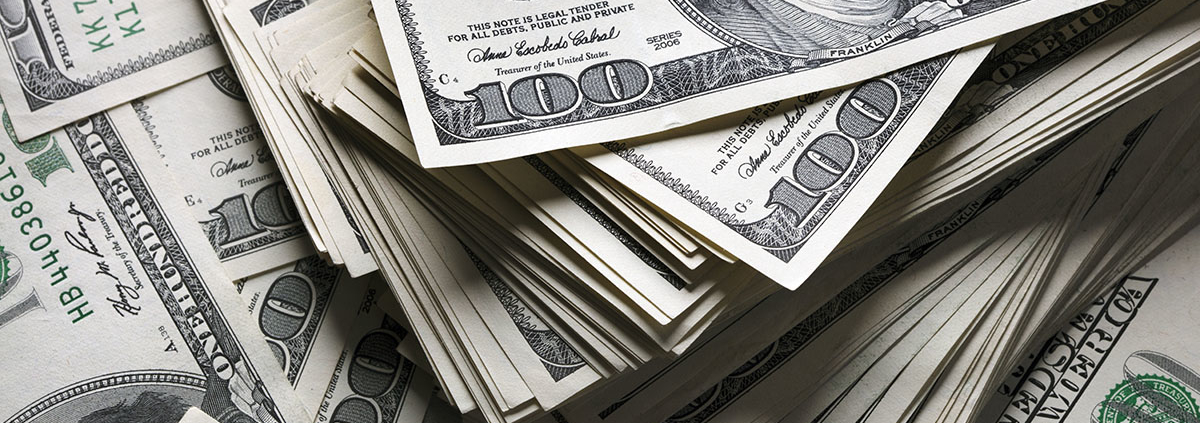419 Strikes Again

There’s a good chance you’ve never heard of ‘419 fraud’ but you have heard of the Nigerian Prince scam; actually these two things are one and the same. In Nigeria the code for the crime this scam falls under is 419, and it was adopted by the FBI.
This scam has been around since before the internet, with villains using snail mail and fax machines to carry out their heinous acts. And although the means to communicate have changed, the crime, though as old as time, still manages to swindle hundreds of thousands of dollars annually out of the pockets of those seeking to get rich quickly. This is one of the reasons the Nigerian government is slow to act, as they believe the people getting scammed are also committing a crime by trying to take money out of the country illegally (same or otherwise). But how does this scam work?
The Nigerian Prince scam is a variant of a 19th century scam called the Spanish Prisoner, and the Spanish Prisoner is a variant of a scam called the Pigeon Drop… so basically, this ruse has been around for a very long time. In all of these iterations, a mark (the victim) is tricked into believing that if they put up funds for a “noble” or “reasonable” purpose, they in turn will be rewarded many times over. The scammers start by telling the mark that they need to get money raised so that a notable person can get out of a hostile situation quickly and safely. Once the figure is free and clear, they will compensate the person for being so kind. During the scam, the tricksters will come up with reasonable reasons the victim must provide more money, and this will continue until either the mark is broke, or they have finally caught on.
The damage unfortunately doesn’t conclude there for many of the victims. Since there’s a good chance personal information has been shared (banking details, identification, and so on) even once the scammers have been made out, they will take this information and proceed to use it to open accounts and make purchases. This scam can have long lasting and devastating effects for those who fall prey to it, and because the culprits are in other countries, the chance of catching them is slim to none.
The rule of thumb is simple; if it’s too good to be true, it is. The FBI offers these suggestions:
- If you receive a letter or e-mail from Nigeria asking you to send personal or banking information, do not reply in any manner. Send the letter or message to the U.S. Secret Service, your local FBI office, or the U.S. Postal Inspection Service. You can also register a complaint with the Federal Trade Commission’s Complaint Assistant.
- If you know someone who is corresponding in one of these schemes, encourage that person to contact the FBI or the U.S. Secret Service as soon as possible.
- Be skeptical of individuals representing themselves as Nigerian or foreign government officials asking for your help in placing large sums of money in overseas bank accounts.
- Do not believe the promise of large sums of money for your cooperation.
- Guard your account information carefully.
IF your company should find itself under attack, with a data breach, or compromised security, contact Betterchips immediately. The quicker Betterchips can get involved, the more likely your company’s digital assets can be saved or restored. Don’t let precious time go to waste, contact Betterchips now.






